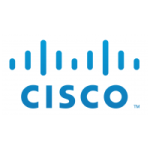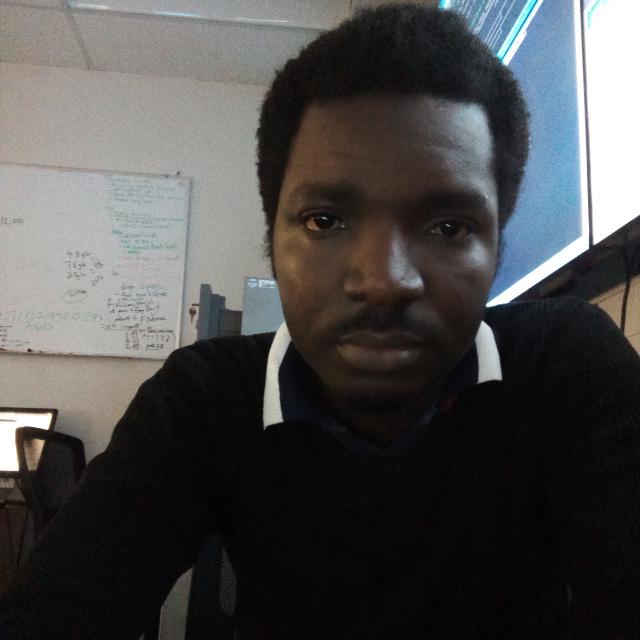CVPD JAVA DEVELOPMENT FOR CALL STUDIO (CVPD JAVA)
Course Overview
This 4-day class is a hands-on programming course for those using the CVP Java API to extend the functionality of CVP Call Studio. Participants will learn to write, compile, deploy and maintain custom components for CVP Call Studio and VXML Server. It will be assumed that participants are familiar with CVP Studio and Java. This course strongly emphasizes hands-on application development of Java classes to extend Self-Service applications using the Cisco Java API.

Course Objectives
Course Prequisites
Target Audience
Working knowledge of CVP Studio application development and deployment Basic to intermediate experience programming with Java
Course Outline
Topics:
- Introduction to the Java API, its capabilities and limitations
- The different ways to extend Studio functionality
- Using VXML Server administrative scripts to maintain Java
- Introduction to Voice Elements and Voice Foundation Classes (VFCs) and their complexity
Hands On Programing Topics:
- Standard Actions and Decision
- Configurable Action and Decision elements that display as new elements in Studio. Learn to configure various types of settings such as repeatable settings, dependent settings, settings that display as an enumeration list, etc.
- Say it Smart plugins – Say it Smarts convert data into a list of audio files and/or text for TTS playback. For example, create a plugin to spell data to the caller.
- Start of Call classes – execute code at the start of visit to an application. This is used to create session variables based on ICM passed data, log on to a database, set a default language and audio path based, read configuration settings from a file or database into local variables.
- End of Call classes – execute code at the end of visit to an application, regardless of how the visit ends (hangup, complete, error, application transfer, telephony transfer).
- Start of Application classes – execute application specific code whenever VXML Server is started or the application is updated. This is often used to create customer detail records.
- End of Application classes – execute application-specific code whenever VXML Server is shut down or the application is suspended.
- Get and Set Global and Application Data – Global variables and Application variables remain in memory between phone calls but can only be accessed through Java code.
- Dynamic Configurations – used to configure Settings and Audio for Studio elements at runtime using Java. This is especially useful for building Dynamic Menus with varying number of options and audio prompts.
- Extend existing Studio elements and Say it Smart Plugins- add settings, catch Java exceptions, encapsulate multiple elements
- Extend Say it Smart Plugins- add multiple language capabilities, make existing Say it Smarts more resilient to errors.
What Our Students Have to Say
"As a client of Makintouch, I would recommend the company as a leading PC-based training school. When we needed half day courses to fit the schedules of our employees they were able to customize them to meet our company’s needs"
– Java Struts

Taiwo Alaka
MTN
I would recommend this course as it is up to date with the current release which is quite rare as things move on so fast. The classroom set up worked well and the labs were good and relevant to the course.’
– Oracle

Kayode Akinpelu
Stanbic IBTC
